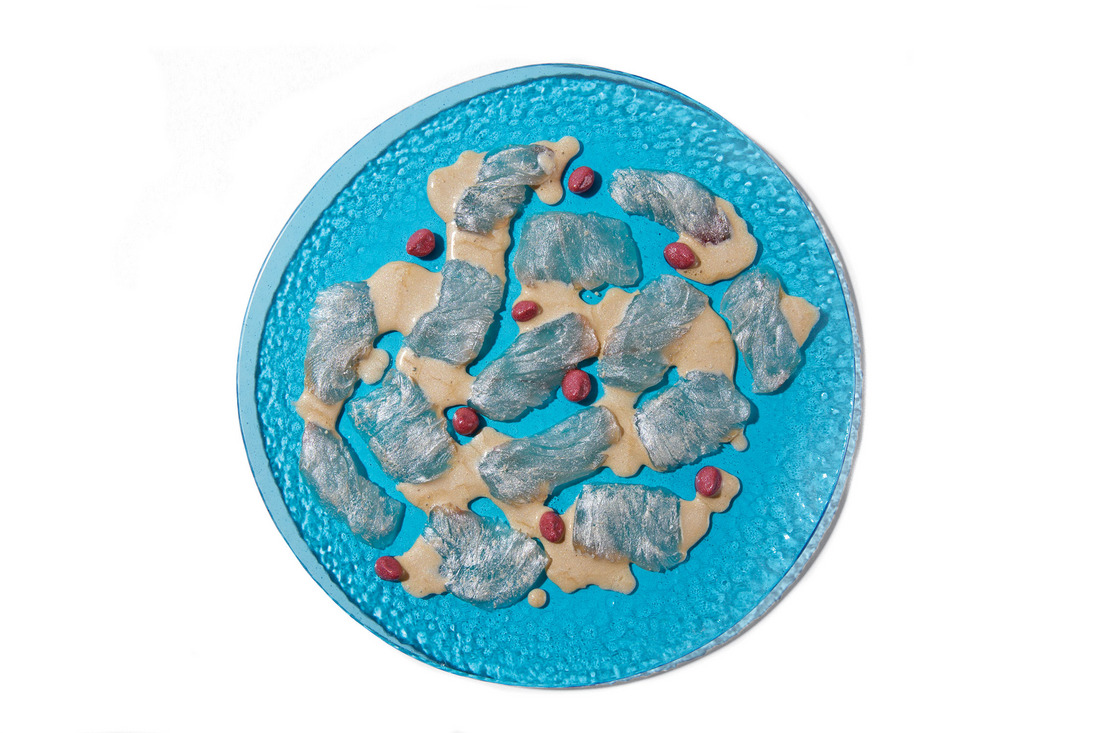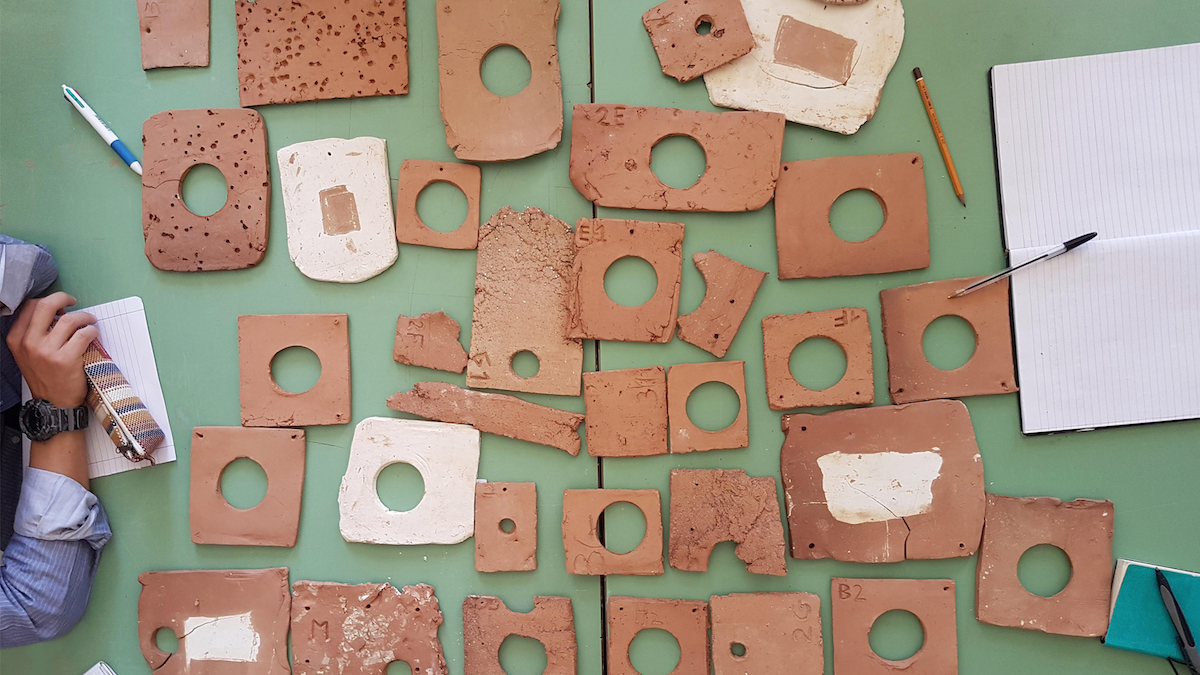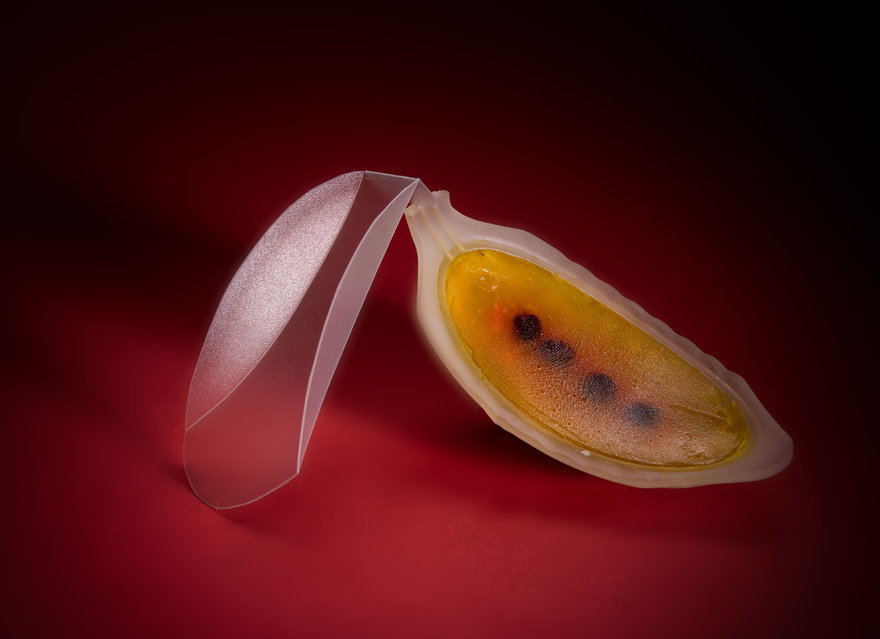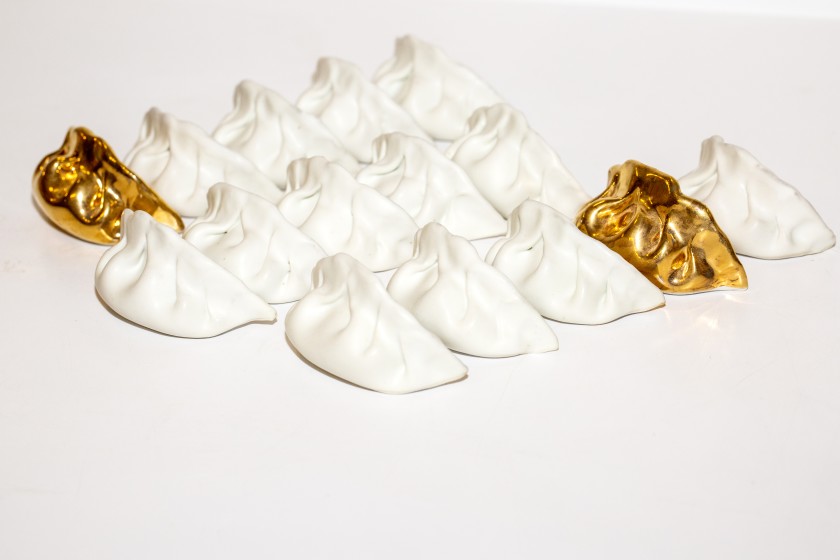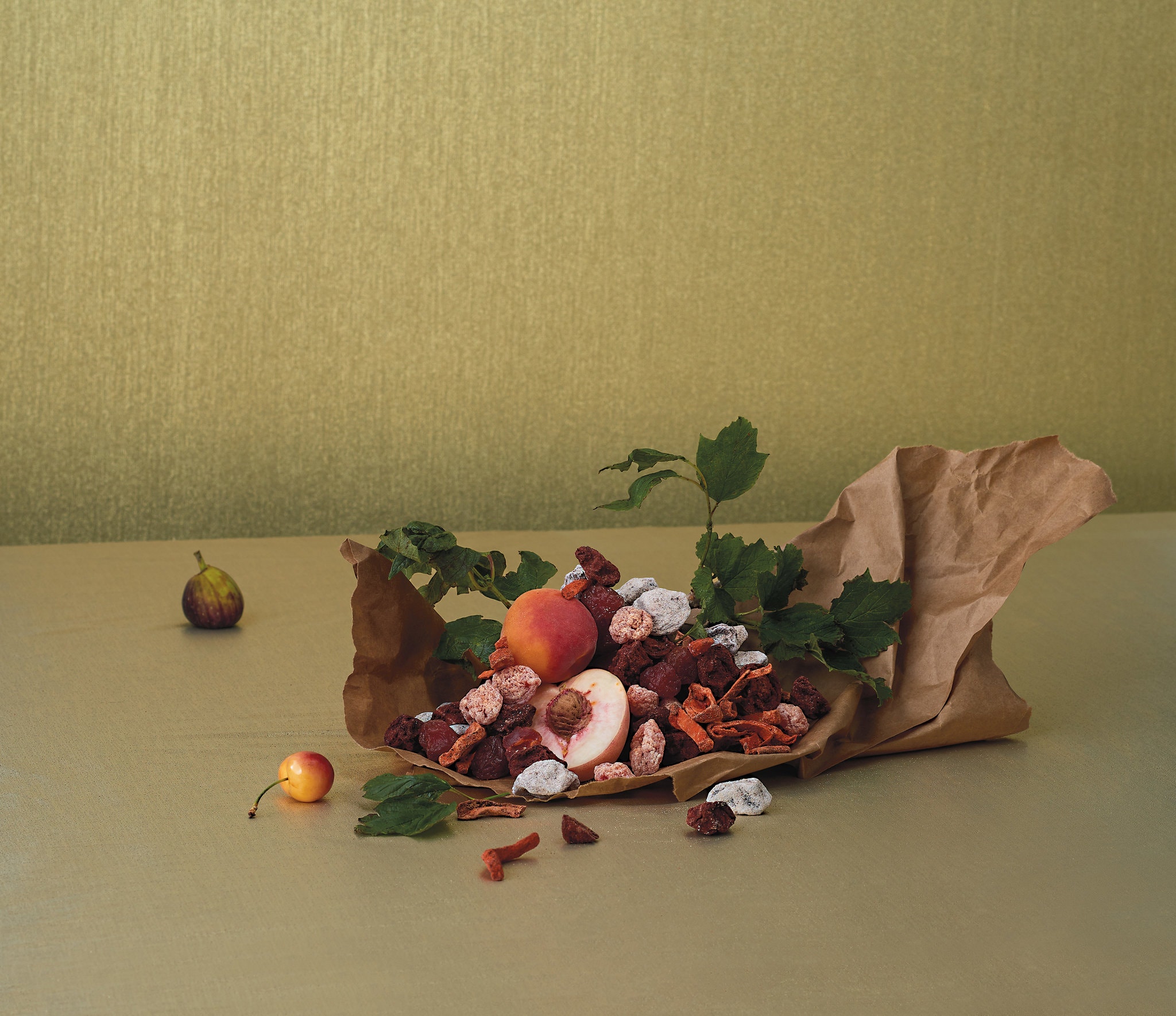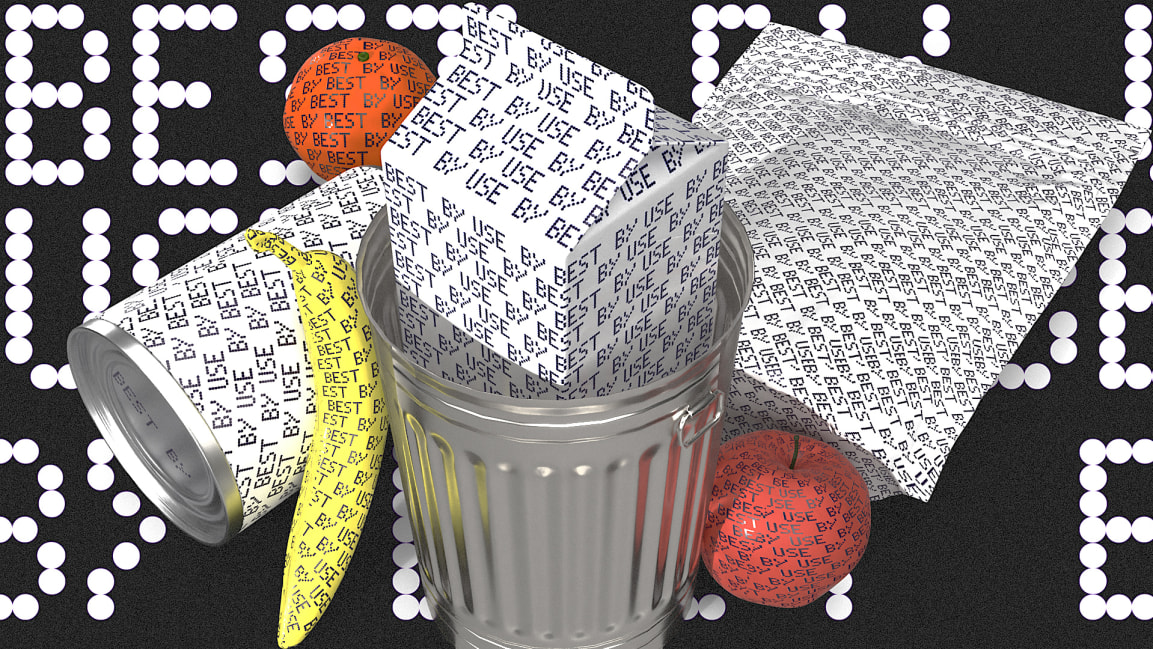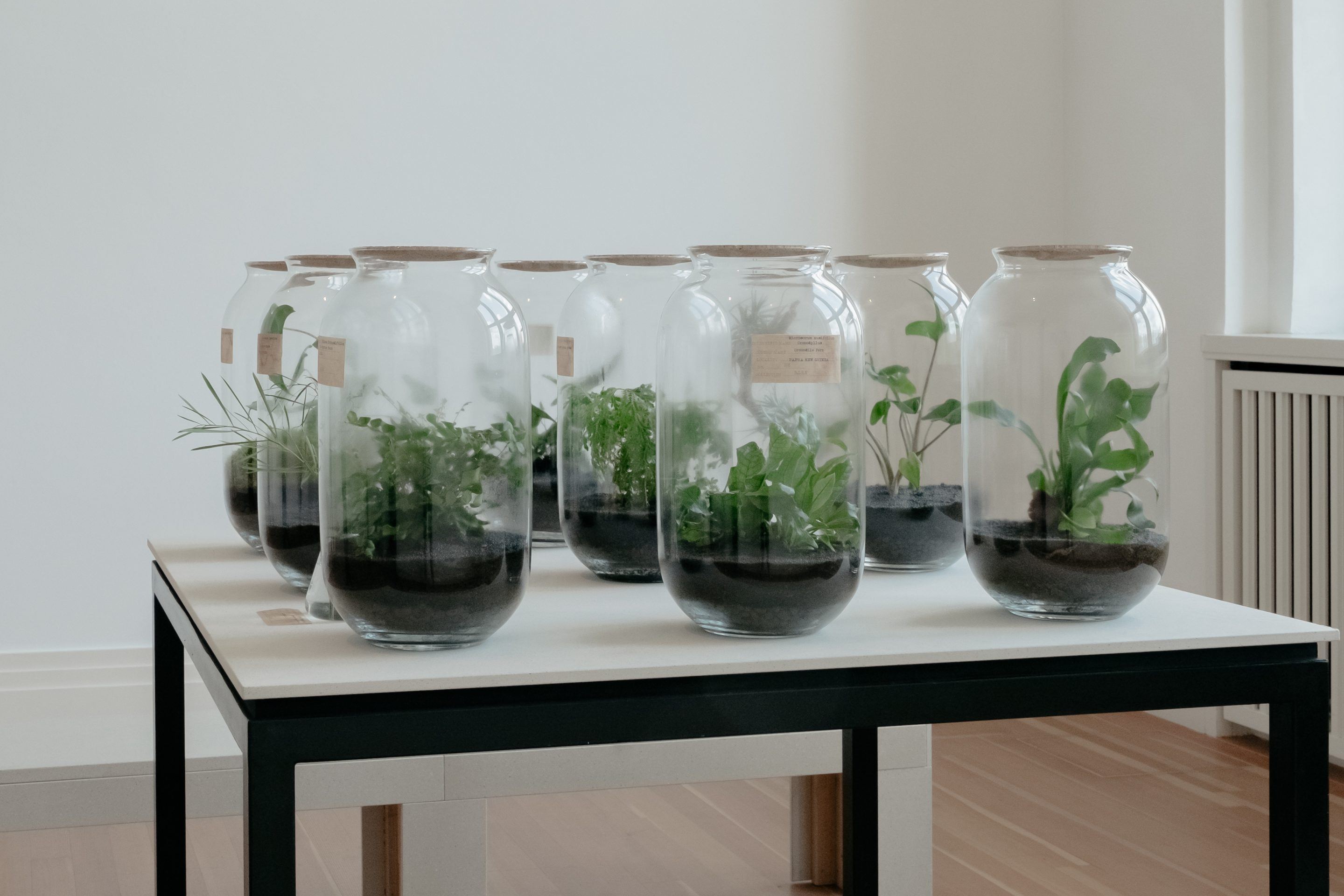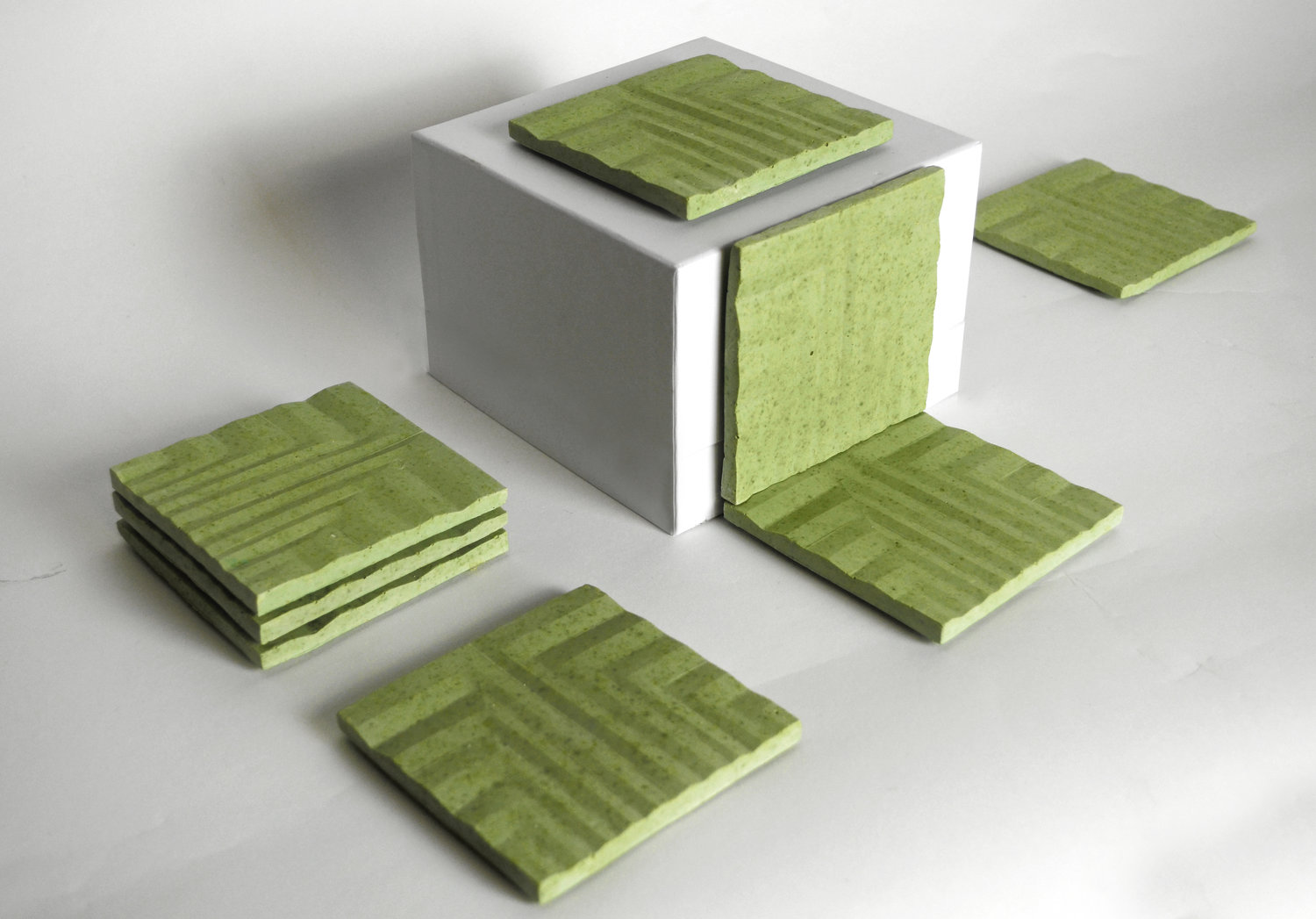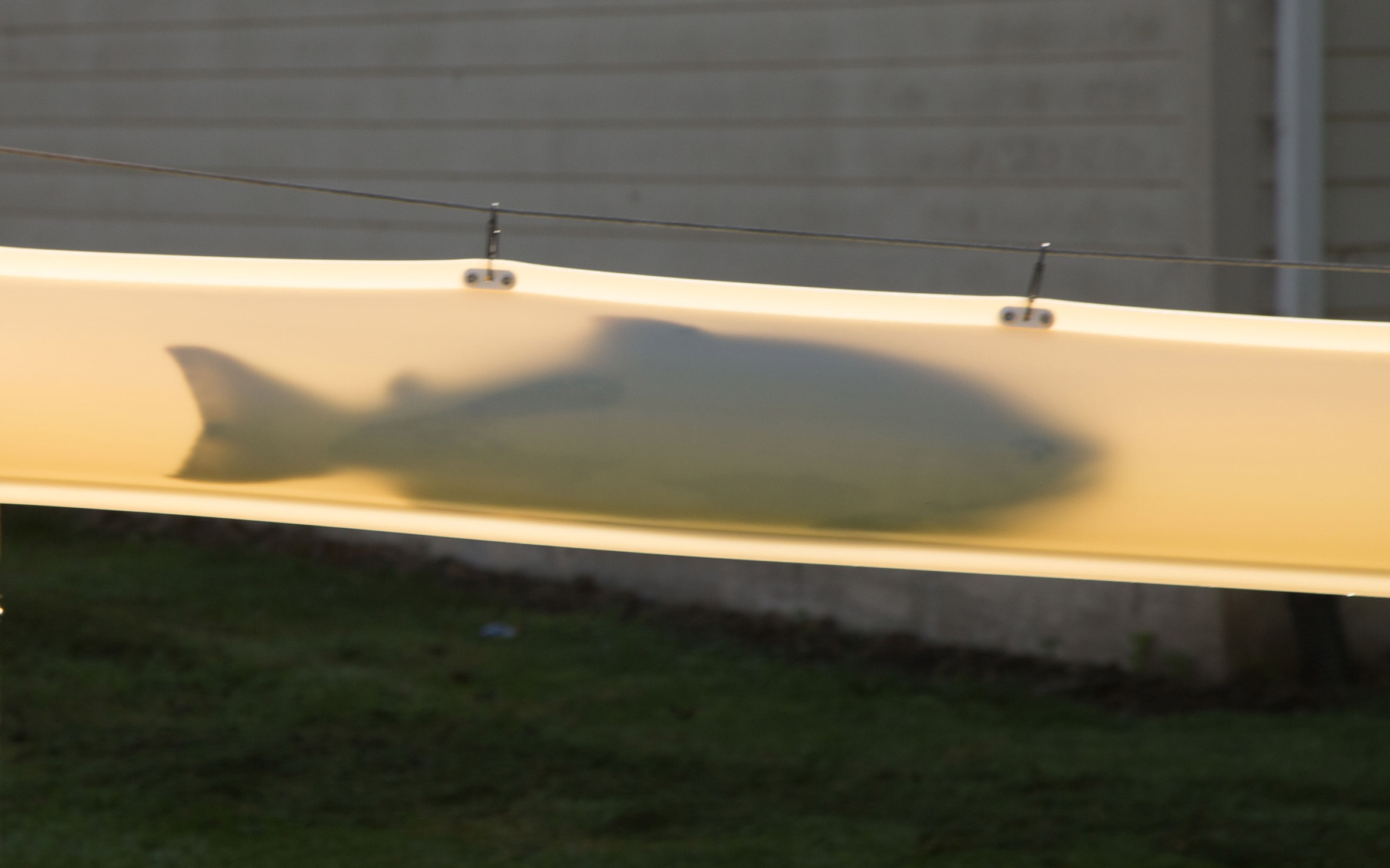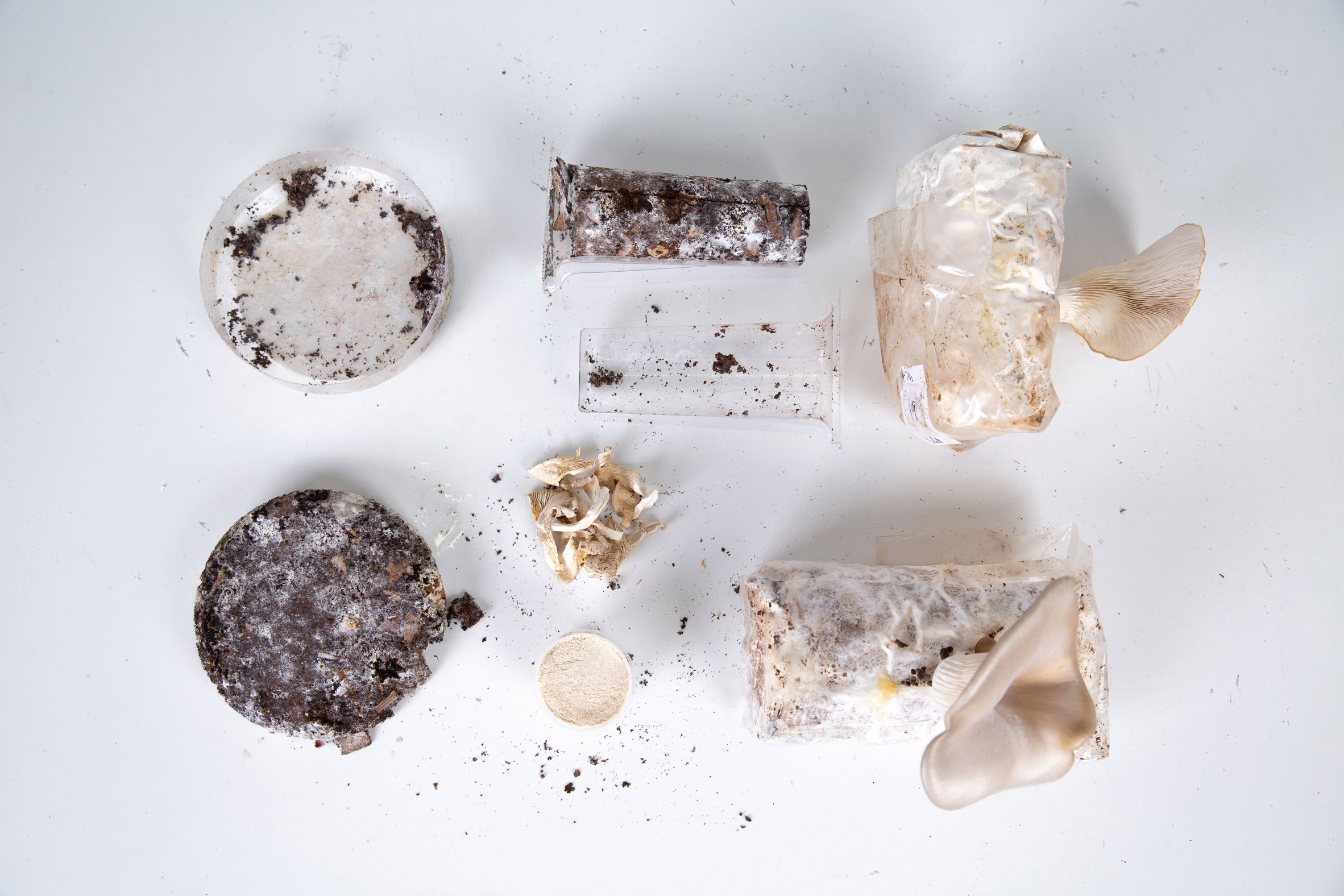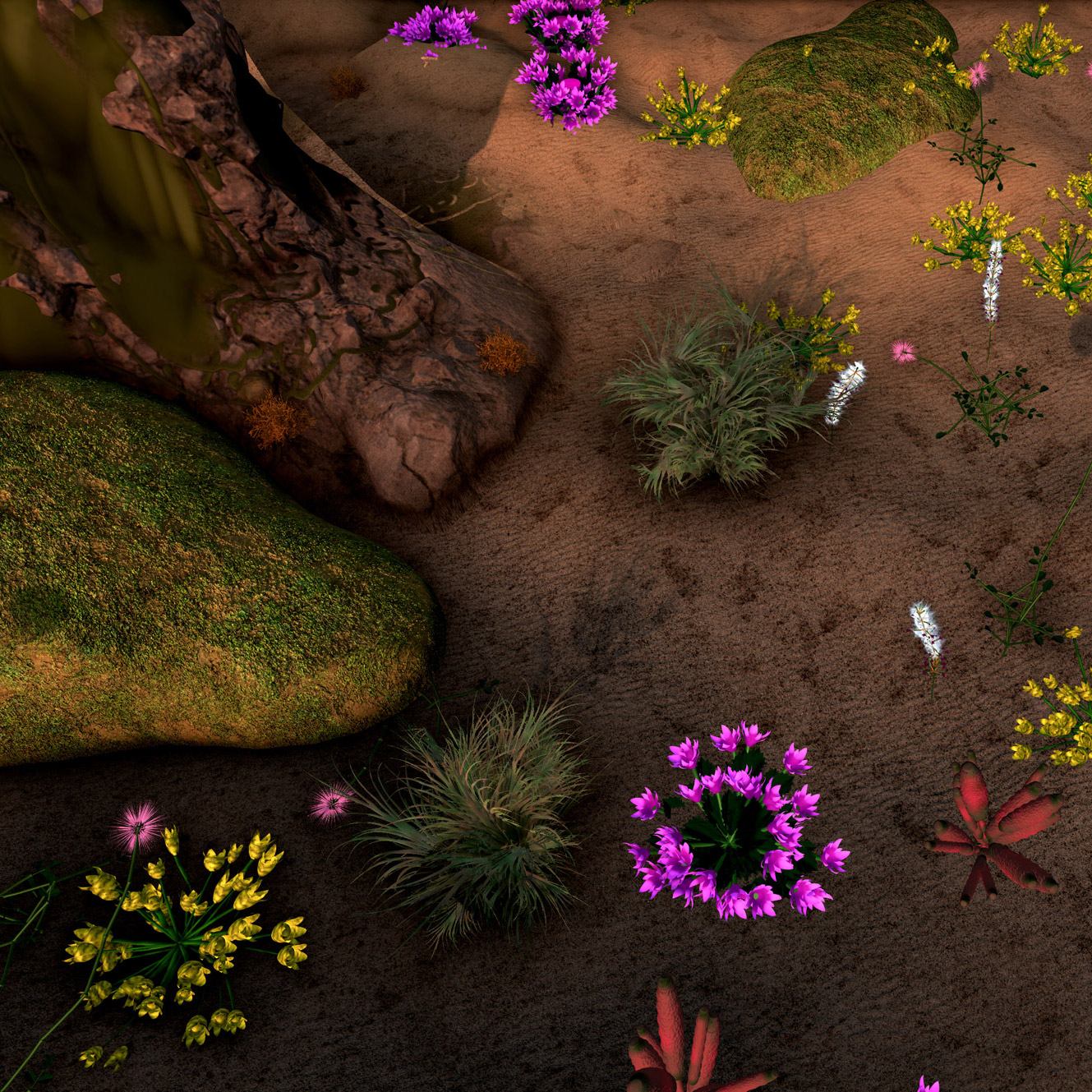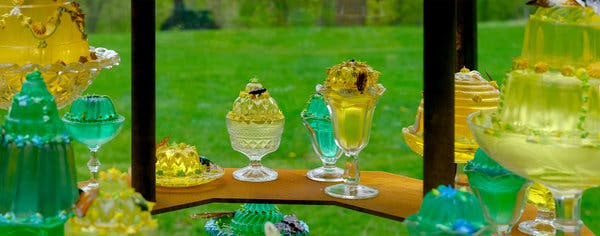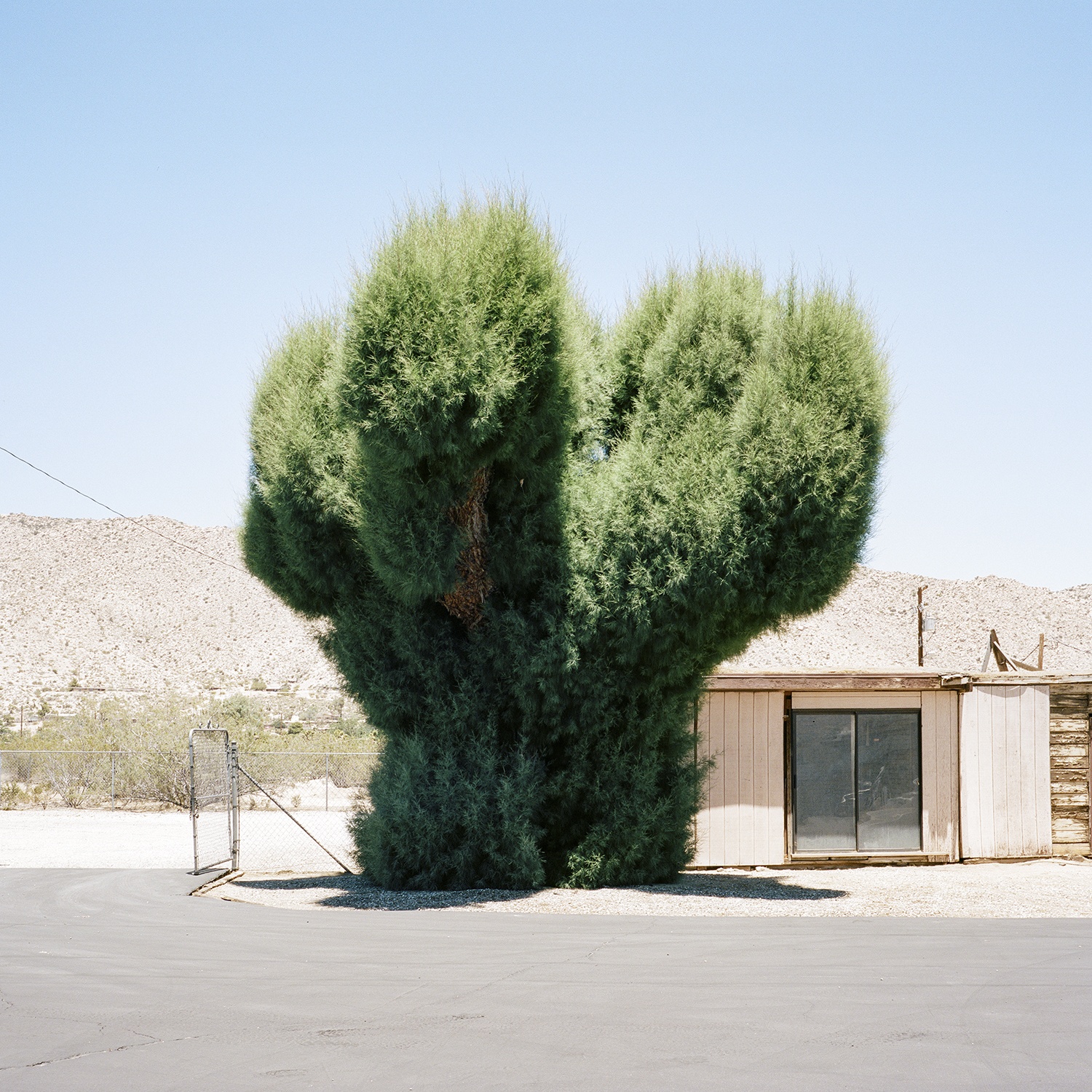Our weekly serving of off-the-menu items – a few popular favorites from the week, as well as a few morsels that may have slipped your notice.
The Protein Powder of the Future
Startup Solar Foods has developed a protein powder that is reportedly “100 times more climate-friendly than any animal or plant-based alternative,” and can be made in the desert, arctic or even space. The protein powder is produced with a method similar to the fermentation of beer, and uses fewer resources than other forms of protein.
 Image courtesy of Impossible Foods.
Image courtesy of Impossible Foods.
What’s in your Plant-Based Burger?
Although plant-based meat alternatives like the Impossible Burger can provide more sustainable sources of protein, they’re still processed foods. This deep dive into the world of plant-based burgers ask what’s in these new forms of food, and how can plant-based meat companies more honestly communicate with their customers?
Reviving Israel’s Desert Truffles
While desert truffles, or Terfezia boudieri, used to be a common food source for the Bedouins in the Negev desert, higher temperatures and lack of rain have made these little fungi increasingly difficult to find. With a mild, bacon-y flavor and a chestnut-like texture, the Middle Eastern desert truffles are markedly different from their European counterparts. Researchers at Ben-Gurion University are searching for a way to cultivate the truffles, and prevent them from disappearing.
Producing Beer with Breakfast Cereal
A Manchester-based brewery is reducing food waste by using wasted breakfast cereal to brew beers. After partnering with Kellogg’s, Seven Brothers brewing company began taking products that didn’t meet the cereal company’s quality control standards. Although they started with an IPA from cornflakes, the brewery now has a pale ale from Rice Krispies, and a dark stout from Coco Pops.
Wineries Search for More Sustainable Production
Between the beginning and end of the wine-making process (farming grapes, fermentation, making glass bottles and dozens of other steps) a lot of water, electricity and resources are used up. Some wine companies are making changes to reduce their environmental impact, starting with adjustments like installing solar panels, or making their wine bottles lighter.




